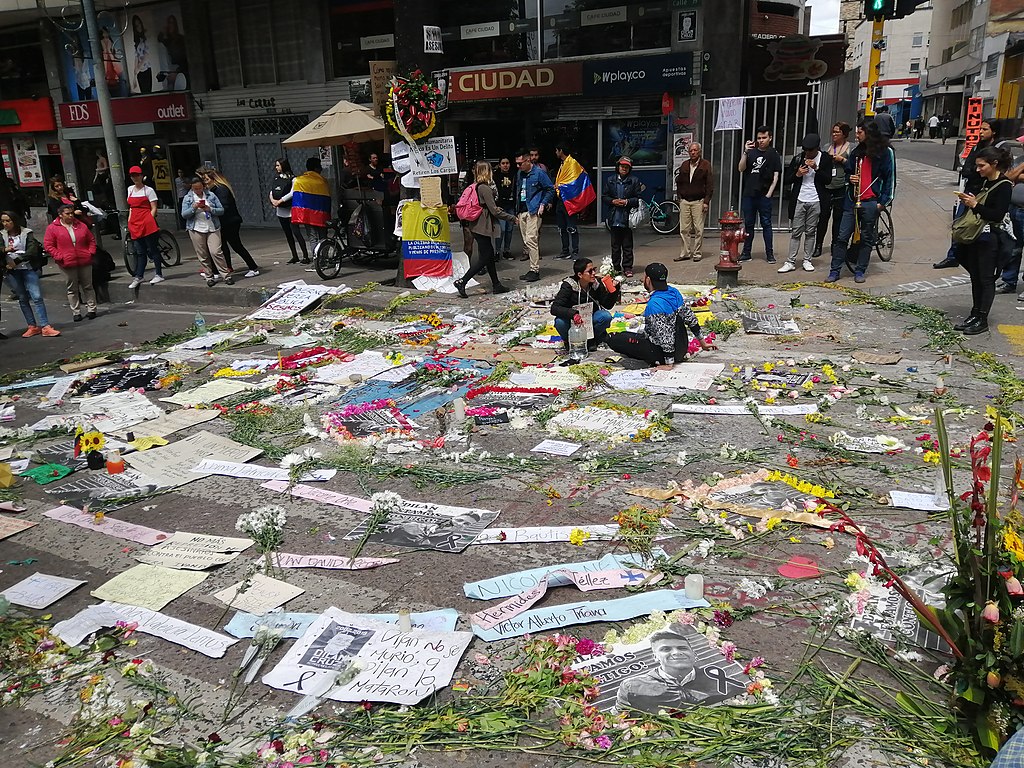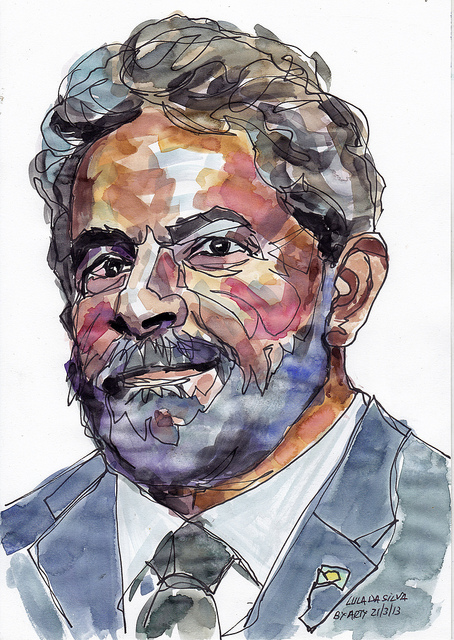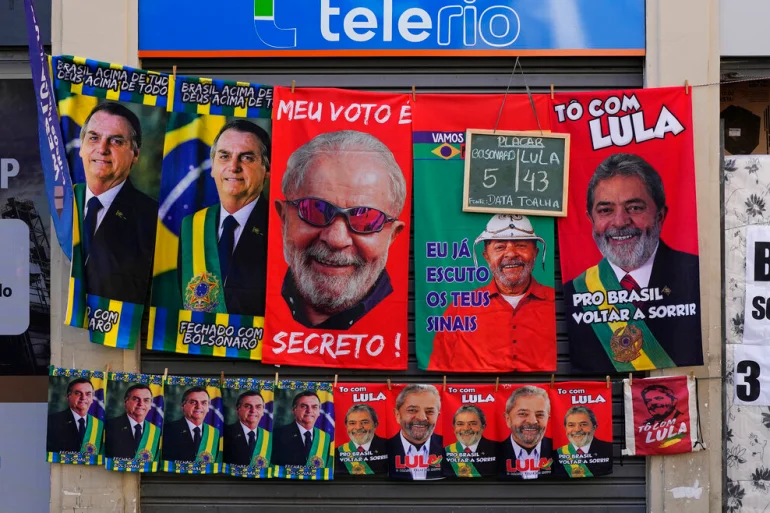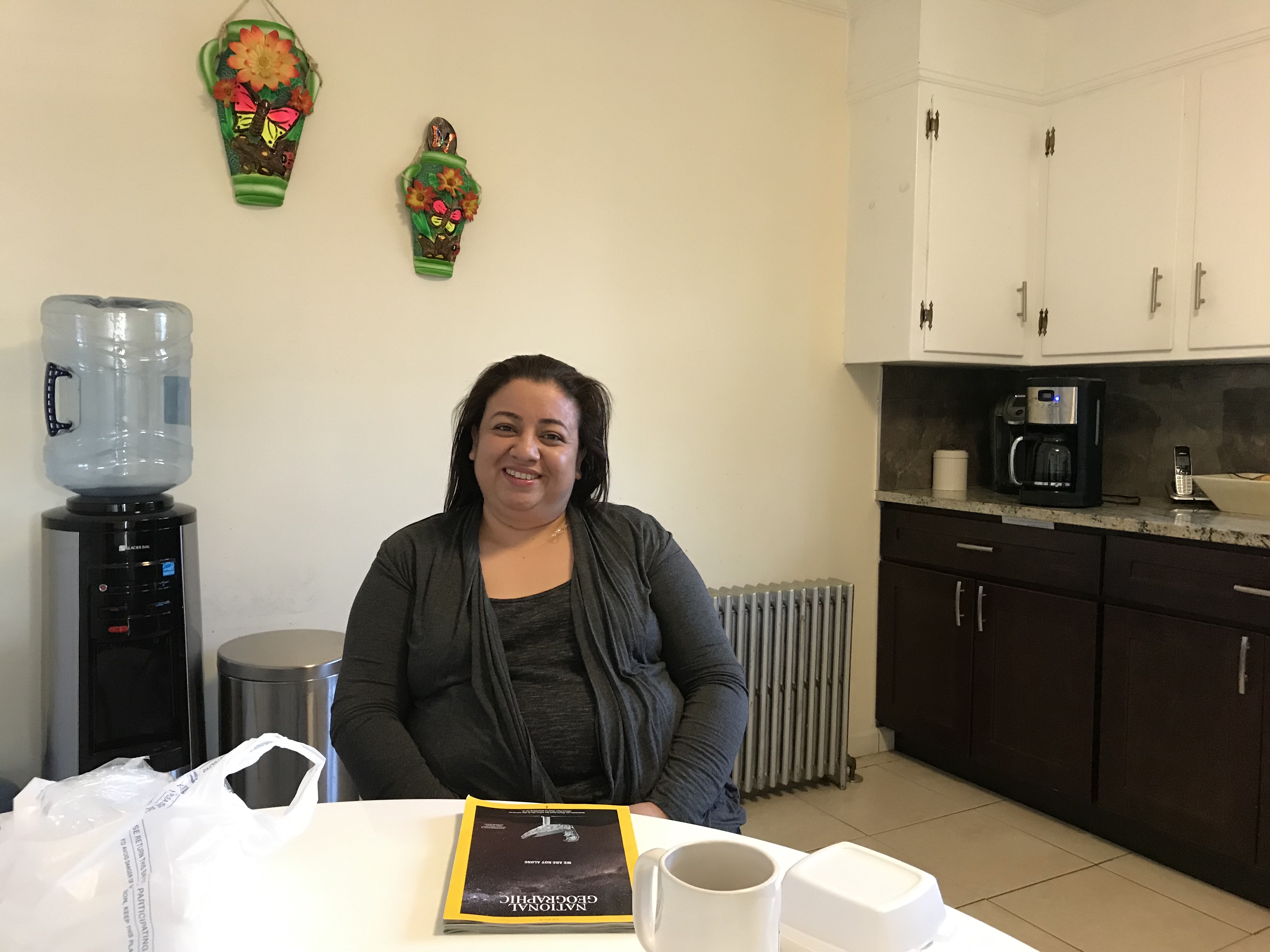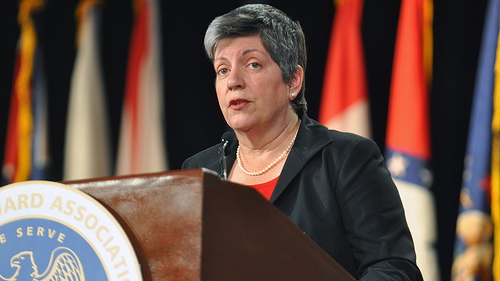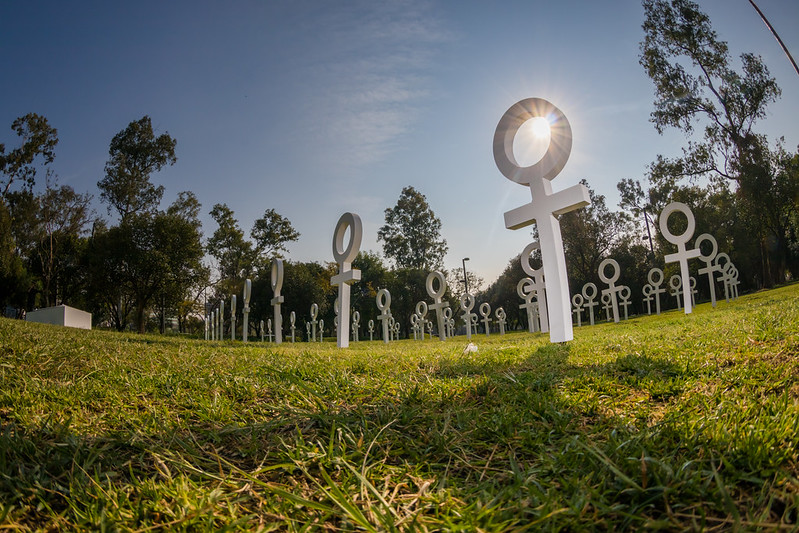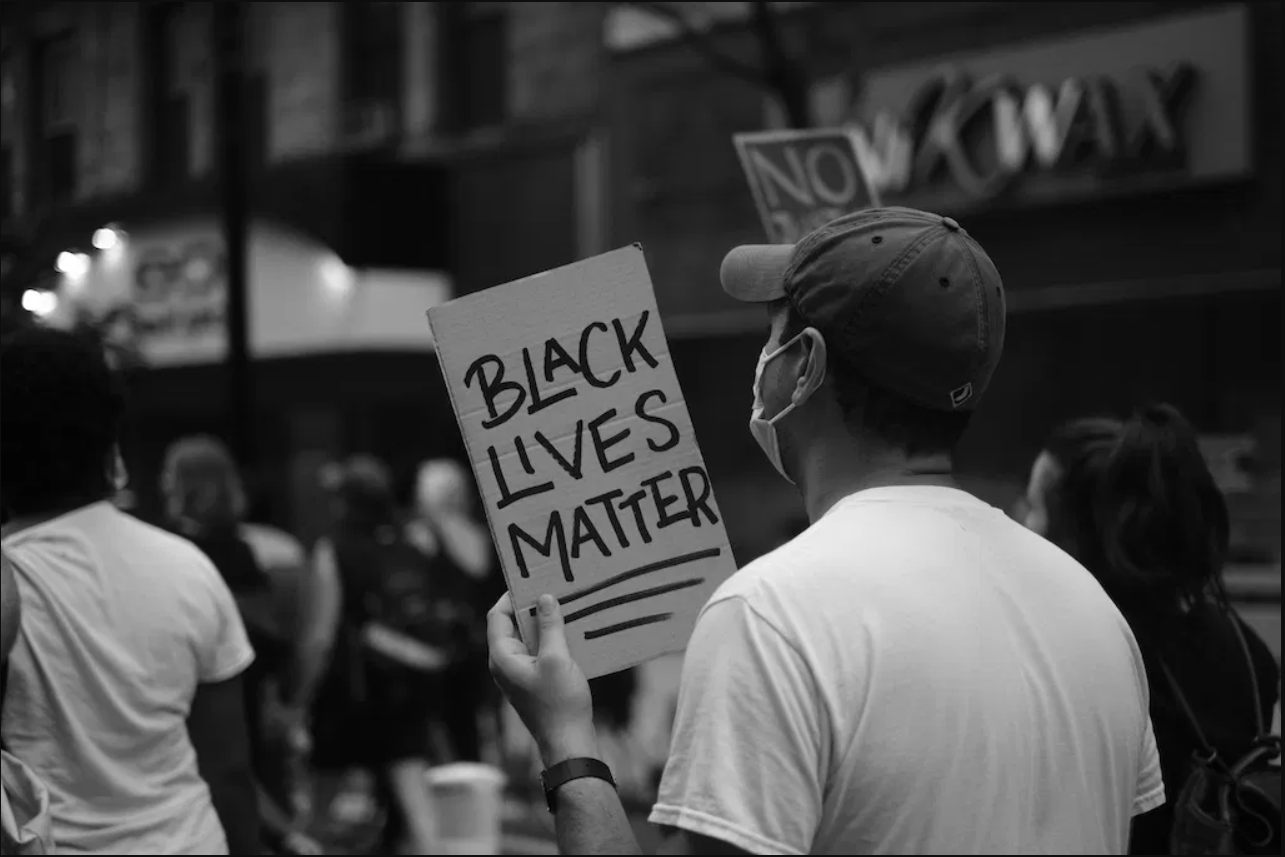
Dispatches, Features, North America
Examining Dominican Anti-Blackness During a Summer of Protest
September 18, 2020 By angelymontilla
This July, Dominicans elected opposition presidential candidate Luis Abinader, bidding farewell to 16 years of unbroken rule by the Caribbean nation’s center-left. Voters at home and abroad braved a worsening coronavirus outbreak to cast their ballots and overwhelmingly chose to deviate from the status quo.
This decisive election follows a tumultuous few months in Dominican politics, as thousands protested across the country following faulty and corrupt municipal elections in February. While the demonstrations were cut short due to the spread of COVID-19, the cacerolazos and collective indignation towards corruption persisted.
Global protests against racial injustice came on the heels of the pandemic, Dominicans are now being publicly confronted with their Blackness. Though Dominicans on the Hispaniola have remained mostly silent on these issues, the experience has been quite different in New York City, where communities of color have seen the highest COVID-19 death rates, with heavily Dominican communities among the most affected zip codes.
In response to Black Lives Matter protests across New York City, a group of Dominican men in Uptown Manhattan gained media attention as they attempted to oust Black protestors and looters from what they called “their neighborhood” on Dyckman Street. To many, this incident illustrated the way the Dominican diaspora often detaches itself from the experience of Blackness in the United States.
Opinion pieces were written condemning Dominican anti-Blackness, calls were made to #CancelDominicans, and an online conversation surrounding Black identity resurfaced among Latinos, with many claiming a pervasive denial of Blackness in Dominican communities. However, when considering the complexities of the diasporic experience, there is room to question the simplicity of this conclusion. The realities of migration, settlement and return complicate the finger-pointing that followed the Dyckman incident.
Growing up in NYC as the child of Dominican immigrants, lots of people looked like me, an Afro-latina, and lots of people did not. My environment shifted when my family moved to suburban New Jersey, where whiteness was explicitly the norm and the expectation. At home, my own family would often deny any hint of their own colorism, defending their occasional colorist comments with their pigment while simultaneously pointing at the “real” racism at my school or in our neighborhood.
As I have discussed the incident on Dyckman Street with Dominicans in the U.S., I have been most often met with some immediate refutation. I have called it instead called “playing defense.” Not to protect themselves from Black people coming into “their” neighborhoods, but perhaps more so to keep an influx of cops out. My father was quick to recall the story of José “Kiko” García, a young Dominican man who was killed by the NYPD in 1992, only months after my parents arrived in New York City. His murder in Washington Heights prompted days of protests and riots. The efforts were to no avail, as the officer was cleared. Remembering that experience, he claimed that Dominicans know they share the expression of Blackness, because they live it; in the United States and back home. They see the police brutality in their neighborhoods, the disparity in their schools, and the socioeconomic barriers that bind them. Chasing looters or protestors out, he claimed, is the response of people who fear the consequences of protests escalating in their neighborhood.
Dr. Amaryllis Estrella, a Visiting Assistant Professor of Afro Latinx Studies at New York University, is the founding member of We Are All Dominican, a community group that seeks to address anti-Black sentiments by looking at the particular experiences of Black Dominicans of Haitian descent. By looking at anti-Haitianism in order to understand anti-Blackness, Dr. Estrella claims that “there is a circularity in terms of how Dominicanidad as an identity has been developed, which has been shaped by U.S. discourse on the D.R. and Haiti and that also affects how migrant narratives continue to create social hierarchies rooted in anti-Blackness.” Dr. Estrella’s work is committed to dismantling the anti-Black roots of Dominican and Haitian tensions by reclaiming Blackness. Under this understanding of the issue, the anti-looting actions and protests on Dyckman seem grounded in the generalized misunderstanding that Blackness is a global category of inferiority, as one to avoid based on the structures that exist on the Hispaniola and how those evolve among diasporic communities.
Among Afro-Latinx scholars, there is often a fascination with the particular anti-Blackness of Dominicans. These claims are often attributed to cultural anti-Haitianism, a symptom of Trujillismo, or a complex convergence of the two.
When considering this notion, Junot Díaz’s work immediately came to mind. The Afro-Dominican author has often written about this repression of Blackness among Dominicans, most notoriously critiquing this perception through two characters in his popular 2007 Pulitzer prize-winning book The Brief Wondrous Life of Oscar Wao. The characters —Oscar and his mother, Belí— refine and discover their understanding of Afro-Dominicanidad in an American context that seeks to label them as “Black” or “Latino” but not both.
Given his previous work unpacking these ideas, I got to ask him a bit about his perception of Dominican Blackness in the current context of Black Lives Matter and the tension on Dyckman Street. Díaz’s remarked a challenge to the one-dimensionality of the notion, stating that “there is no African diasporic community that does not suffer from anti-Blackness…yet I do not agree with the anecdotal criticism that is often leveled that Dominicans are more self-hating and more anti-black than other communities of African descent…What are the criteria, the metrics that would allow us to determine this, where is the longitudinal research that would back such a claim?” This claim felt reminiscent of the conversation I had with my father, who saw blaming pervasive anti-Blackness as an oversimplification.
Díaz went on to emphasize the unproductivity of pathologizing a poor immigrant group with minimal access to quality education as uniquely anti-Black, calling it “not only unfair, but downright imperial.”
Since the struggle for immigrant rights and Black liberation often intersect, it is important to analyze the role of imperialism, especially in light of potential oversimplification. Díaz pointed out that like most other immigrant groups, “the more time a Dominican spends in the U.S. and the more access a Dominican has to non-hegemonic critical systems, to ethnic and culture studies, to the histories of struggle of the African-American community, the more likely a Dominican will reject the government-backed anti-blackness that permeates Dominican society.”
When condemning anti-Blackness among Afro Diasporic populations, perhaps there ought to be a graciousness in that condemnation. It is not rooted in relentless self-loathing or denial of self. It is not rooted in the same anti-Blackness that white Americans hold. Rather, it is often functioning as a defense mechanism, a coping strategy in a world around you that teaches you that Blackness equals regression and when you look in the mirror and see that Blackness. Regression, of course, being the opposite of what a diasporic community longs for. The invitation, perhaps, is to not only consider how Blackness and Latinidad must intertwine as part of the struggle for liberation, but also how they already coexist in the migratory process. Can you blame them, however, for fearing the consequence of embracing it?”
Dr. Estrella commented that there often grows an “acknowledgement and respect for the leadership of African Americans and the historical movements that have led to policies that allowed our parents to migrate to this country, such as the Immigration and Nationality act of 1965.” Part of that process can be to acknowledge that the anti-Blackness pervasive in diasporic communities is complex as it is brought from home and then manipulated to exist in the United States, a country where being accepted as Black seems of little advantage, so Dominicans flee from it. Dr. Estrella went on to suggest the importance of a “a recognition of Blackness as a unifying discourse which connects anti-racist movements through the diaspora,” an idea that is powerful and ideal, but a laborious discourse when thrown on the shoulders of a diaspora that is largely struggling.
And if one compares Blackness on and off the island, the migratory experience and rates of intergenerational mobility can teach us that this “chronic” Dominican anti-Blackness is quite treatable, and it is not very unique. By villifying the questionable actions of some, it becomes easy to ignore the inherent reality that the experiences of police brutality, abuse, and discrimination are long shared across the Black communities. Should the denial of Blackness be overcome, there should be a consideration of transnationalism and migration as explanations for what is interpreted or simplified to be stasis. Coupled with the immigrant’s plight, perhaps, as Mr. Diaz moderately suggested, it is imperialist to put the labor on such a group. Those with the resources, the means, the time, the freedom to live outside of a survival mechanism. The conversations are taking place– from the CUNY- run project “First Blacks” which is a bilingual platform dedicated to disseminating the history of the early African inhabitants of the Hispaniola, to Reconoci.do, an organization that advocates for Dominicans of Haitian descent– let those of us who can do the work.
Next Article >
